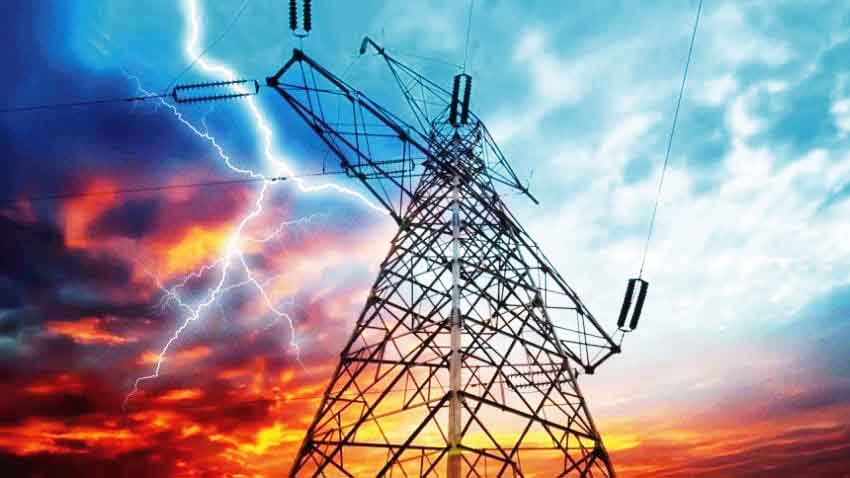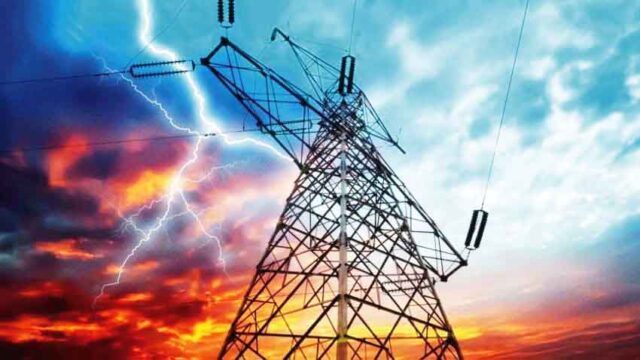By Beatrice Nakibuuka
There is an ongoing energy crisis globally. Although blessed with natural and energy resources, African countries, are greatly affected by this crisis.
Prices of commodities and services are overwhelmingly hiked as a result.
Survival for the economically fit is becoming the order of the day because the energy sector has a huge impact on almost every sector in any given economy.
Mr Verner Ayukegba, Senior Vice President, African Energy Chamber says lack of access to reliable and affordable energy has a devastating effect on all aspects of society, including economic and social.
It possibly is a root cause of underdevelopment in Africa and must be addressed as a priority.
According to Africa Infrastructure Knowledge Program, more than 30 African countries are now experiencing power shortages and regular interruptions in service, leading many to rely on very costly leased generating plants as an emergency stopgap.
The cost
Unreliable power supply is one of the main hurdles for businesses in Africa, according to Mr Ayukegba.
Frequent power outages mean big losses in forgone sales and damaged equipment; 6 per cent of turnover on average for formal enterprises, and as much as 16 per cent of turnover for informal enterprises since they are unable to provide their own backup generation.
“The economic cost of power shortages can amount to more than 2 per cent of gross domestic product, and up to 5 per cent in some cases.
“For some countries, it has saved as much as one-quarter of a percentage point off annual per capita GDP growth rates,” he says.
Africa’s energy deficit continues to stifle economic growth, job creation, agricultural transformation, and improvements in health and education.
Southern Africa, one of Africa’s most productive regions, has been hit hard.
Across Africa, nearly 60 per cent of all healthcare facilities do not have access to reliable electricity.

The water-energy nexus is another example, where we balance pressing concerns. The two (water and energy) are nearly inextricably linked.
Every step of the water cycle, from producing, moving, treating, and heating water, then collecting and treating wastewater, consumes energy.
“The reality is that over 890 million people in Sub-Saharan Africa (SSA) lack access to modern, clean cooking solutions, the majority of those women and children.
“This is the only region in the world where clean cooking access has not kept pace with population growth,” he adds.
Asked what African governments, leaders or policy makers need to do to put their countries on a sustainable and profitable path through the energy sector, Ayukegba called upon African countries to create the most attractive investment environment possible.
He says: “In order to put African countries on a sustainable and profitable path through energy transition, African governments must invest heavily in energy infrastructure to ensure access for all and also reduce the cost of power generation on the continent.”
The Africa Energy Week
The African Energy Chamber (AEC) has organized yet another annual Africa Energy Week (AEW) that will take place from 18th to 21 October, 2022 in Cape Town, South Africa. The event is hoped to bring Africa’s energy leaders and global stakeholders together for an intense week of dialogue on the African energy sector.
The conference with more than 5000 attendees, 175 international speakers and more than 21 ministers from all over Africa and across the world, will among many other agendas focus on attracting investment into the energy sector of countries like Uganda.

Mr Ayukegba says: “We look forward to Uganda energy and oil and gas stakeholders to present the opportunities that exist in the country and invite investors and other technical partners present to engage with them in discussions.”
During this year’s edition, delegates and speakers can expect a strong line-up of panel discussions, investor forums, networking functions, deal signing ceremonies, and innovative new conference platforms designed to integrate and enhance participation more, such as the “Energy Village” and “Just Energy Transition Concert”.
The conversations will cover the entire energy sector and value chain.
Extending on narratives expressed at the 2021 edition of the conference, AEW 2022 remains wholly focused on making energy poverty history by 2030.
With over 600 million people still without access to electricity, the continent requires immediate action if it is to realise its socio-economic development objectives.






















